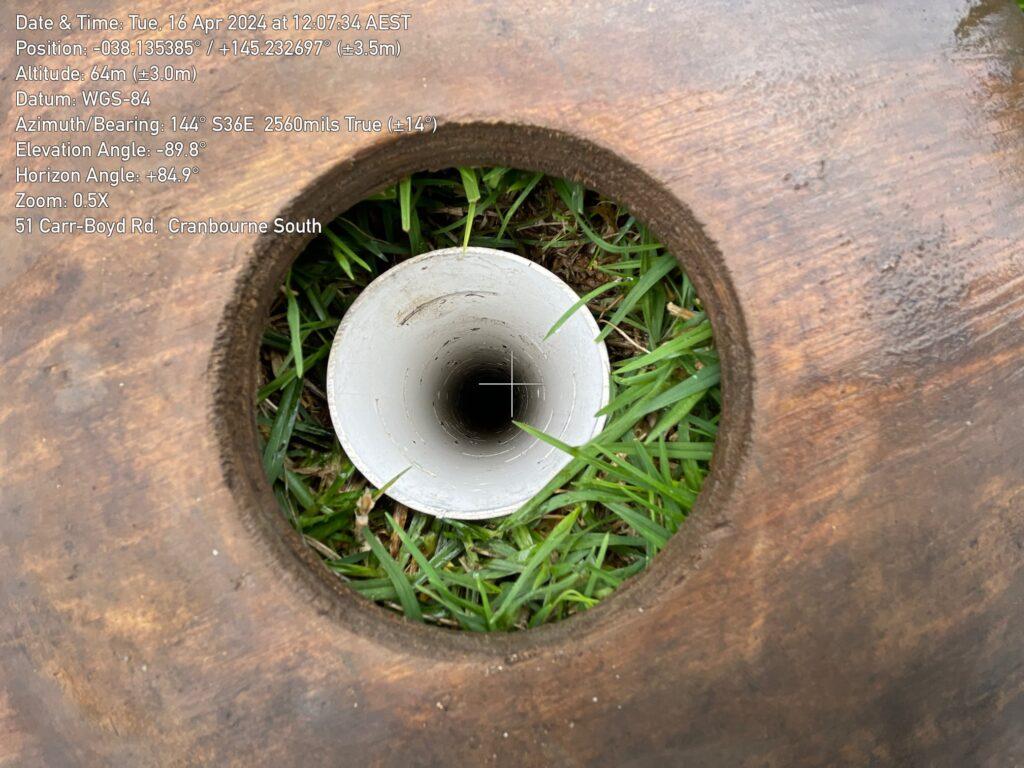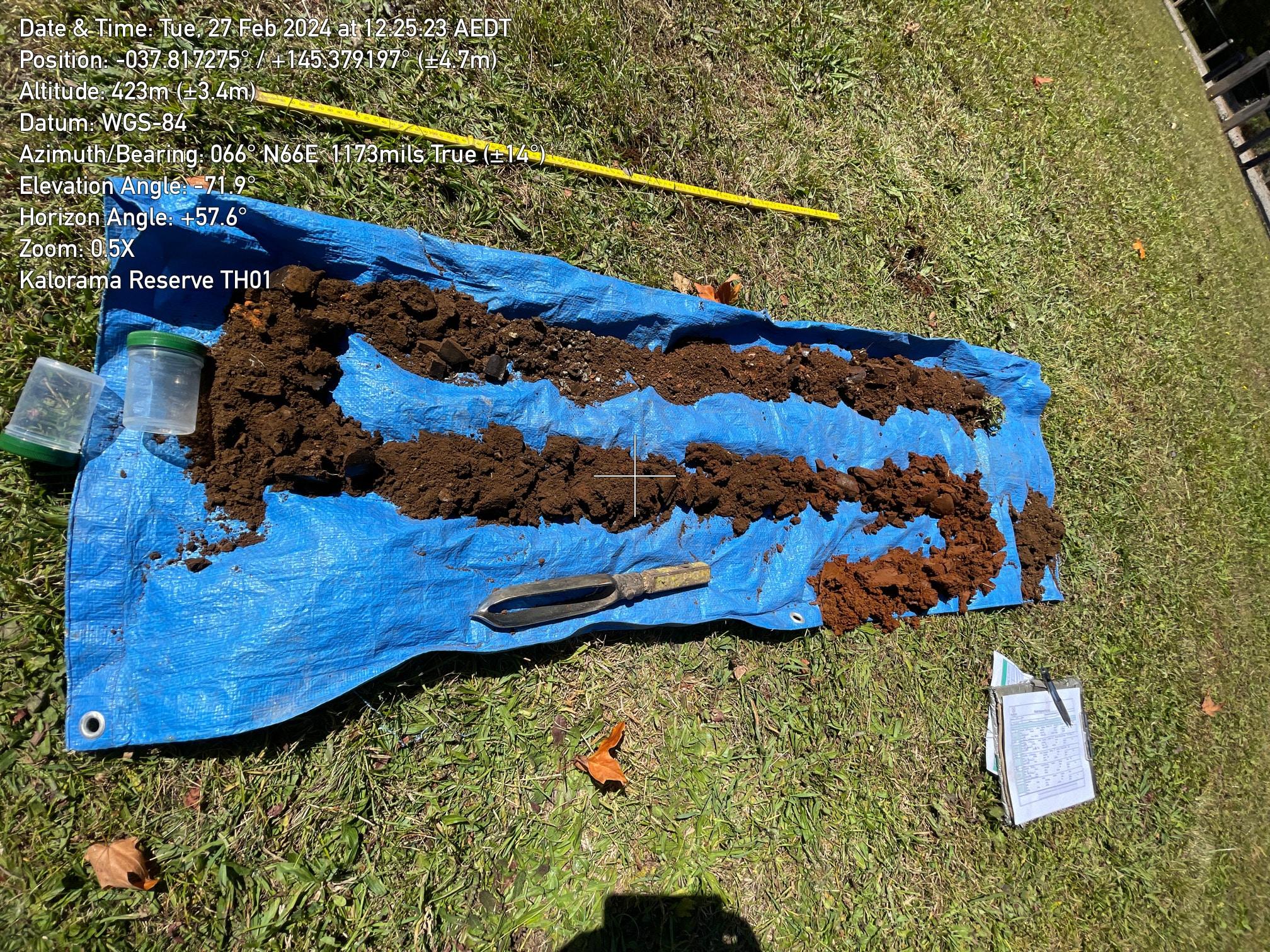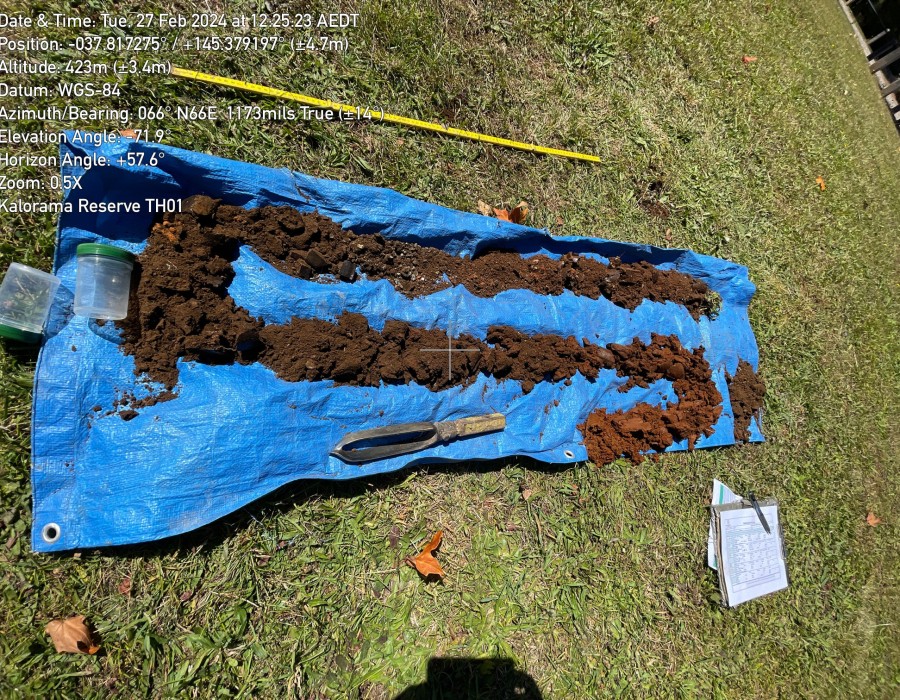When planning to install or upgrade a septic system on a property in Victoria, one of the most crucial steps is conducting a Septic Land Capability Assessment. This assessment ensures that the land can support an onsite wastewater treatment system without posing risks to public health or the environment.
At Septic Land Capability Assessment, we specialize in providing thorough and compliant assessments to help property owners, developers, and businesses meet local regulatory requirements. This article will explore what a septic LCA is, why it is essential, how the process works, and key considerations for properties in Victoria.

What Is a Septic Land Capability Assessment?
A Septic Land Capability Assessment (LCA) is a detailed analysis of a site’s suitability for an onsite wastewater treatment system. It evaluates factors such as soil composition, permeability, slope, and climate to determine how well the land can absorb and treat wastewater.
The primary objective of an LCA is to ensure that a septic system will function efficiently while preventing contamination of water sources, protecting the environment, and complying with local council regulations.
Why Is a Septic LCA Required?
In Victoria, property owners must conduct a septic land capability assessment before installing a new septic system or upgrading an existing one. Local councils require this assessment as part of the planning and permit approval process to ensure sustainable wastewater management.
Key Reasons for a Septic LCA:
- Regulatory Compliance: Victorian regulations mandate that all properties using septic systems undergo an LCA to meet environmental and public health standards.
- Environmental Protection: Proper wastewater disposal prevents pollution of groundwater, rivers, and natural ecosystems.
- Public Health & Safety: A well-designed septic system minimizes the risk of disease and contamination caused by untreated sewage.
- Sustainable Development: An LCA supports long-term planning for residential and commercial properties, ensuring wastewater systems are compatible with the landscape.
How Is a Septic LCA Conducted?
At Septic Land Capability Assessment, our team follows a comprehensive process to evaluate your land's ability to support a septic system.
1. Site Inspection and Analysis
A qualified assessor visits the property to examine various physical characteristics, including:
- Soil Type and Permeability: Determines how well the soil absorbs and filters wastewater.
- Slope and Drainage Patterns: Evaluates the risk of surface runoff and erosion.
- Proximity to Water Bodies: Ensures that septic effluent does not contaminate nearby streams, rivers, or groundwater.
- Vegetation and Land Use: Identifies potential constraints or advantages for septic system placement.
2. Soil Testing
Soil samples are collected and tested to assess:
- Permeability Rate: How quickly water drains through the soil.
- Texture and Structure: Determines the soil's ability to filter contaminants.
- pH Levels and Nutrient Content: Helps identify the soil’s suitability for wastewater absorption.
3. Risk Assessment and Recommendations
Based on the findings, the assessor will:
- Determine site suitability for different types of septic systems.
- Recommend appropriate effluent disposal methods (e.g., trenches, sand filters, or reed beds).
- Identify any mitigation measures required to improve system performance (e.g., adding topsoil, modifying land slopes).
4. Report Submission to the Council
A detailed Septic Land Capability Assessment report is prepared and submitted to the local council. This report includes:
- Site evaluation results
- Soil test findings
- Risk analysis
- Design recommendations for the septic system
- Compliance with EPA Victoria’s Code of Practice for Onsite Wastewater Management
Septic Land Capability Assessments in Victoria: Key Considerations
Septic land capability assessments in victoria has diverse landscapes, from coastal regions to rural farmlands, which impact the suitability of different septic systems. Here are some essential factors to consider:
1. Local Council Regulations
Each council in Victoria has specific guidelines for septic system approvals. It is crucial to understand local requirements and ensure your LCA complies with these regulations.
2. Soil and Climate Conditions
- Clay Soils: Often require specialized treatment systems due to slow drainage.
- Sandy Soils: Allow rapid absorption but may need additional filtration to prevent groundwater contamination.
- High Rainfall Areas: Require larger absorption fields to manage excess moisture.
3. Property Size and Usage
- Smaller properties may have limited space for septic system installation, requiring alternative solutions like secondary treatment systems.
- Large-scale developments must incorporate wastewater management strategies to support long-term growth.
4. Environmental Impact
- Ensuring a safe distance from waterways prevents contamination of drinking water sources.
- Proper design reduces the risk of odors and surface pooling, which can impact neighboring properties.
Choosing the Right Septic System for Your Property
After completing an LCA, property owners must select a suitable septic system based on the recommendations provided. Common options include:
- Conventional Septic Tanks – Basic systems suitable for well-draining soils.
- Aerated Wastewater Treatment Systems (AWTS) – Advanced treatment that improves effluent quality before disposal.
- Sand Filters and Reed Beds – Natural filtration systems that enhance wastewater treatment in challenging soil conditions.
- Composting Toilets – Eco-friendly options for off-grid properties.

Why Choose Septic Land Capability Assessment?
At Septic Land Capability Assessment, we are committed to helping property owners in Victoria navigate the complexities of septic system approvals.
Our Advantages:
- Experienced Professionals: Our team has in-depth knowledge of Victorian wastewater regulations.
- Comprehensive Assessments: We provide detailed evaluations tailored to your property's needs.
- Fast & Reliable Service: We ensure quick turnaround times to meet council approval deadlines.
- Sustainable Solutions: We recommend environmentally friendly septic systems for long-term benefits.
Final Thoughts
A septic land capability assessment is a vital step in ensuring that your property can safely and sustainably manage wastewater. By assessing soil conditions, drainage patterns, and environmental risks, an LCA helps you choose the right septic system while complying with Victorian regulations.
If you're planning a new septic system or upgrading an existing one, trust the experts at Septic Land Capability Assessment to guide you through the process. Contact us today to get started on your septic land capability assessment in Victoria.
For more information, visit our website: Septic Land Capability Assessment.





Comments